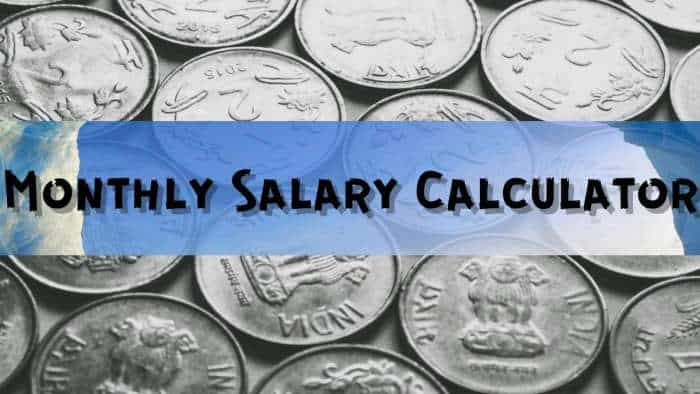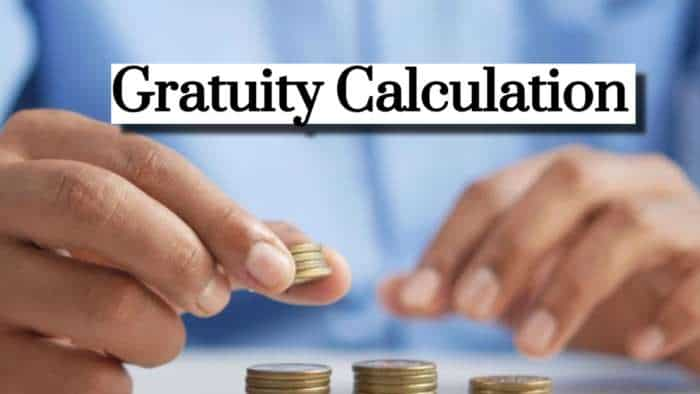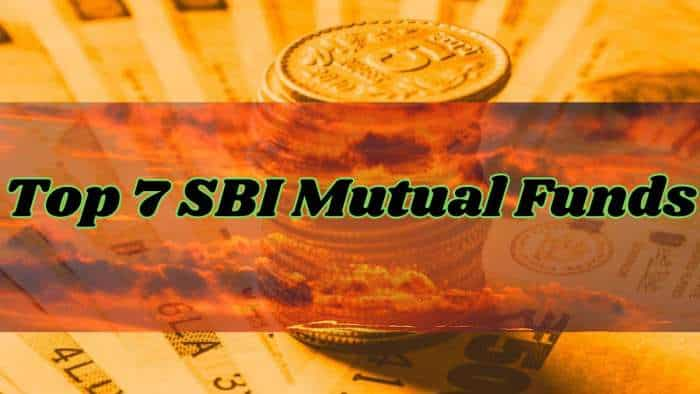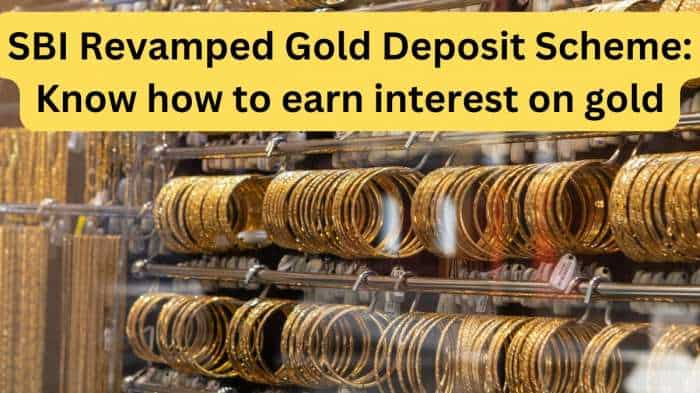European Central Bank makes largest-ever interest rate hike to snuff out record inflation

The European Central Bank (ECB) made its largest-ever interest rate increase Thursday, following the US Federal Reserve and other central banks in a global stampede of rapid rate hikes meant to snuff out record inflation that is squeezing consumers and pushing Europe toward recession.
The bank's 25-member governing council raised its key benchmarks by an unprecedented three-quarters of a percentage point for the 19 countries that use the euro currency. The ECB usually moves rates by a quarter-point and had never raised its key bank lending rate by three-quarters of a point since the euro's launch in 1999.
Bank President Christine Lagarde said the ECB will raise rates "over the next several meetings" because inflation is "likely to stay above our target for an extended period". It enacted a half-point hike at its meeting in July, its first increase in 11 years.
Meanwhile, the economy is "expected to slow down substantially over the remainder of this year," she said, adding that energy prices will stay extraordinarily high.
The bank's jumbo increase is aimed at raising the cost of borrowing for consumers, governments and businesses, which in theory slows spending and investment and cools off soaring consumer prices by reducing the demand for goods.
Analysts say it's also aimed at bolstering the bank's credibility after it underestimated how long and how severe this outbreak of inflation would be. After reaching a record 9.1% in August, inflation may rise into double digits in the coming months, economists say.
The war in Ukraine has fuelled inflation in Europe, with Russia sharply reducing supplies of cheap natural gas used to heat homes, generate electricity and run factories. That has driven up gas prices by 10 times or more.
European officials decry the cutbacks as blackmail aimed at pressuring and dividing the European Union over its support for Ukraine. Russia has blamed technical problems and threatened this week to cut off energy supplies completely if the West institutes planned price caps on Moscow's natural gas and oil.
Some economists say the ECB's interest rate hikes could deepen a European recession predicted for the end of this year and the beginning of 2023, caused by higher inflation that has made everything from groceries to utility bills more expensive.
Energy prices are beyond the ECB's control, but the bank has reasoned that rate hikes will prevent higher prices from being baked into expectations for wage and price deals and that decisive action now will forestall the need for even bigger hikes if inflation gets ingrained.
Europe's central bank "wants to fight inflation" and wants to be seen as fighting inflation, said Holger Schmieding, chief economist at Berenberg bank.
"Though energy prices and government support programs to shield consumers from some of the pain will have a much bigger impact on inflation and the depth of the looming recession than monetary policy," he said.
Carsten Brzeski, chief eurozone economist at ING bank, also said the coming recession will be driven by energy prices and not by interest rates.
Higher rates could help the fight against inflation by raising the euro's exchange rate against the dollar and other currencies. That's because the euro's recent slide to under $1 driven by soaring energy costs and dampening economic prospects, makes imported goods, including energy, more expensive.
The ECB has lagged other global central banks in raising rates. Central banks worldwide scrambled after being wrong-footed by inflation fed by Russia's war in Ukraine and the lingering effects of the COVID-19 pandemic, which have sent energy prices higher and restricted supplies of parts and raw materials.
The sudden campaign to raise interest rates follows years in which borrowing costs and inflation stayed low because of broad trends such as globalization, aging populations and digitalisation.
The ECB's benchmark is now 1.25% for lending to banks. The Fed's main benchmark is 2.25% to 2.5% after several large rate hikes, including two of three-quarters of a point. The Bank of England's key benchmark is 1.75%, and the Bank of Canada on Wednesday raised its benchmark by three-quarters of a point, to 3.
Get Latest Business News, Stock Market Updates and Videos; Check your tax outgo through Income Tax Calculator and save money through our Personal Finance coverage. Check Business Breaking News Live on Zee Business Twitter and Facebook. Subscribe on YouTube.
RECOMMENDED STORIES

Monthly Pay Calculations: Is your basic salary Rs 24,900, Rs 51,500, Rs 70,000, or Rs 1,01,400? Know what can be your total salary?

Gratuity Calculation: What will be your gratuity on Rs 45,000 last-drawn basic salary for 6 years & 9 months of service?

How investing Rs 1 lakh office bonus for 10 years can bring your Rs 2.77 crore retirement corpus dream to reality

Top 7 SBI Mutual Funds With Highest Returns in 3 Years: Rs 2,00,000 one-time investment in No. 1 fund has sprung to Rs 4,77,000
07:50 PM IST









 ECB cuts rates quarter point amid concerns of tepid growth, impact of Trump trade policies
ECB cuts rates quarter point amid concerns of tepid growth, impact of Trump trade policies  ECB cuts key lending rate by 25 bps, lowers annual economic growth projection by 10 bps
ECB cuts key lending rate by 25 bps, lowers annual economic growth projection by 10 bps US vs Eurozone: Inflation divergence causes monetary desynchronisation
US vs Eurozone: Inflation divergence causes monetary desynchronisation ECB holds rates at record highs, signals upcoming cut
ECB holds rates at record highs, signals upcoming cut US Fed, ECB, Bank of England poised to keep interest rates on hold
US Fed, ECB, Bank of England poised to keep interest rates on hold